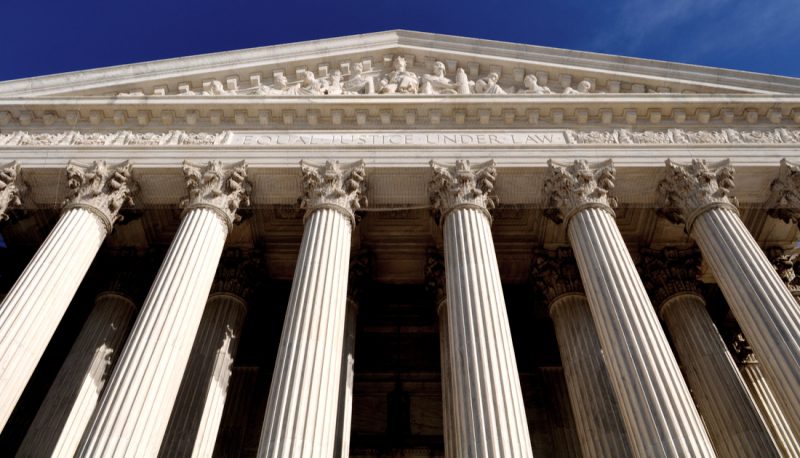“Confirmed Judges, Confirmed Fears” is a blog series documenting the harmful impact of President Trump’s judges on Americans’ rights and liberties.
Trump-appointed Supreme Court Justices Neil Gorsuch and Brett Kavanaugh joined a 5-4 April order in Dunn v. Price that reversed two lower courts and authorized immediate execution of Christopher Price by lethal injection despite evidence that the method would cause him “severe pain and needless suffering” and that an alternative was available. The majority appeared to be in such a hurry that it even refused Justice Breyer’s request that the matter be discussed at the Court’s regular Friday conference, and instead issued its order around 3 a.m. on Friday.
In an unsigned order, the 5-4 Court majority granted the state of Alabama’s request to vacate stays of execution of Price issued by the federal district court and court of appeals and authorized his execution by lethal injection. The primary basis for the majority’s order was that when Price was allegedly given 30 days to elect execution by nitrogen gas in June 2018, he “did not do so,” and instead brought a “last-minute” claim in February.
Writing for the three other moderate justices and himself, Justice Breyer strongly disagreed. Initially, he explained that the evidence showed that Price appeared to have met the majority’s demanding standards in the recent Bucklew case because the evidence in the record showed “a severe risk of pain from lethal injection” and that the alternative of nitrogen gas was “available, feasible, and readily implemented,” and would be “substantially less painful” than lethal injection. Breyer noted that there were several jurisdictional and evidentiary issues that could be quickly and “easily remedied” by the lower courts.
As to the claim about Price’s not choosing nitrogen gas last June, Breyer pointed out that although prisoners were supposed to have 30 days to decide, the evidence showed that no prisoner received a copy of the “election form” until “June 26,” so that Price may well have had “no more than 72 hours” to decide “notwithstanding the 30-day period prescribed by state law.” Indeed, the district court had specifically found, Price was proceeding “as quickly as possible” on the issue “since before the execution date was set.” As Breyer concluded, this failed to provide a good “reason to override” the judgment of both lower courts.
As Breyer recounted, the state filed its motion with the Supreme Court “[s]hortly before 9 p.m.” on Thursday, April 11. Justice Breyer asked that the matter be discussed the very next day at the Court’s regular conference, but the 5-4 majority refused and granted the State’s motion to reverse the lower courts at around 3 a.m., thus “preventing full discussion among the Court’s Members.” Ironically, this action by the majority failed at its apparent objective of authorizing immediate execution, since the state “called off” the execution set for Thursday night as the Court considered the issue.
As Justice Breyer concluded, the majority’s determination to “proceed in this way” in fact “calls into question the basic principles of fairness that should underlie our criminal justice system.” The case could well have come out differently if Justice Kennedy, rather than his successor Justice Kavanaugh, were still on the Court.

